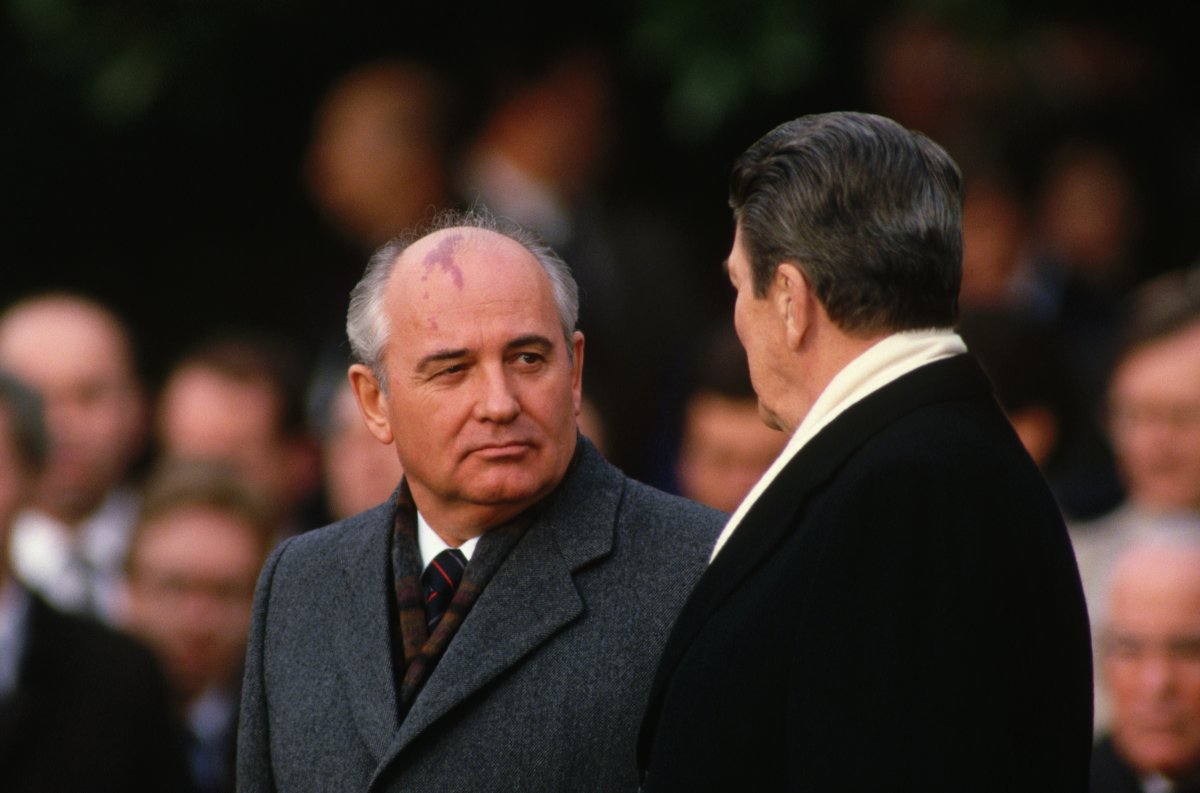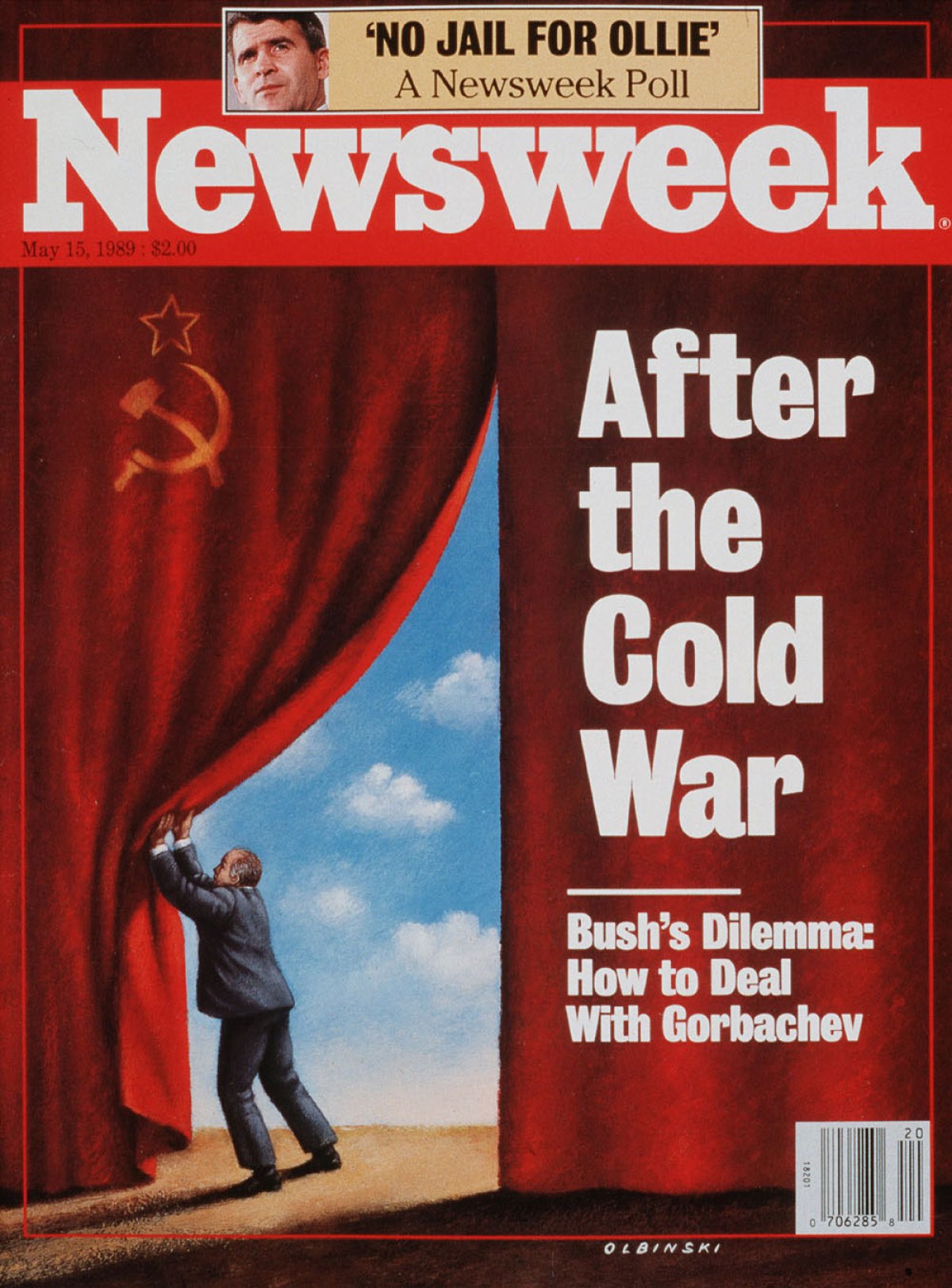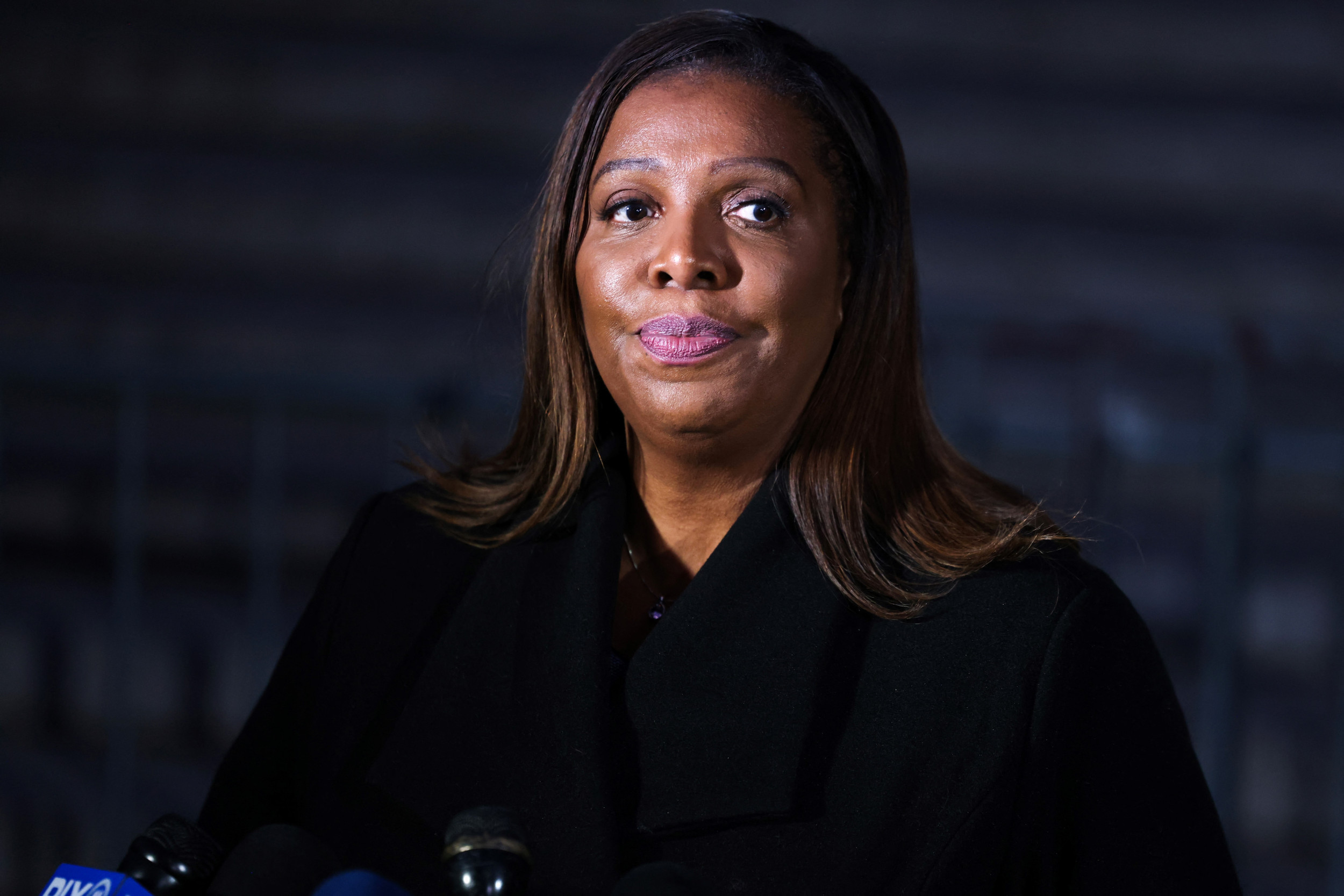Russian politician Mikhail Gorbachev, the last leader of the Soviet Union, has died at the age of 91.
Gorbachev died after a long illness on Tuesday at Moscow's Central Clinical Hospital, according to Russian state media agency RIA Novosti. Additional details about the death of the former Soviet leader were not immediately available.
Having led the Soviet Union as the general secretary of the Soviet Communist Party from March 1985 until August 1991, Gorbachev also became the first and only president of the Soviet Union in March 1990. He served in that role until the union's dissolution in December 1991.
Gorbachev's time as Soviet leader was marked by increased diplomacy with the West that preceded the lowering of Europe's Iron Curtain and the end of the Cold War. He was also known for ushering in a series of political reforms that fundamentally changed the Soviet Union.

Following negotiations with former U.S. President Ronald Reagan, Gorbachev co-signed a breakthrough nuclear arms treaty in 1987 that may have played a role in ending the Cold War.
Other factors that led to the end of the Cold War were governmental and free speech reforms that Gorbachev pushed as Soviet leader—known in Russian as perestroika, or "restructuring," and glasnost, or "openness."

The reforms changed life in the USSR by emboldening critics of the Soviet system, while also empowering movements in Eastern Europe toward democracy and independence.
Although Gorbachev did not intend his reforms to facilitate the breakup of the Soviet Union, he took a hands-off approach when the Berlin Wall fell in 1989 and soon after multiple formerly Communist regimes dissolved.
The Soviet Union eventually split into 15 independent nations in the years that followed. Gorbachev was awarded the Nobel Peace Prize in 1990 for "the leading role he played in the radical changes in East-West relations."
While Gorbachev was seen by many in the West as a hero, he was widely viewed as a pariah in Russia after the fall of the Soviet Union.
Many Russians blamed Gorbachev for the collapse of the Soviet Communist Party and the destruction of the Soviet Union. He received less than 1 percent of the vote when standing as a candidate for Russian president in 1996.
Gorbachev's more recent relationship to the Russian political world has also been often strained. While he supported Russian President Vladimir Putin's first term, by 2013 he told the BBC that his relationship with Putin had "soured."
A close friend of Gorbachev said in July that the former Soviet leader believed Putin had "destroyed" his legacy.
Newsweek reached out to the Embassy of Russia in Washington, D.C., for comment.
Update 08/30/22, 6:14 p.m. ET: This article was updated with additional information and background.
Uncommon Knowledge
Newsweek is committed to challenging conventional wisdom and finding connections in the search for common ground.
Newsweek is committed to challenging conventional wisdom and finding connections in the search for common ground.
About the writer
Aila Slisco is a Newsweek night reporter based in New York. Her focus is on reporting national politics, where she ... Read more
To read how Newsweek uses AI as a newsroom tool, Click here.








